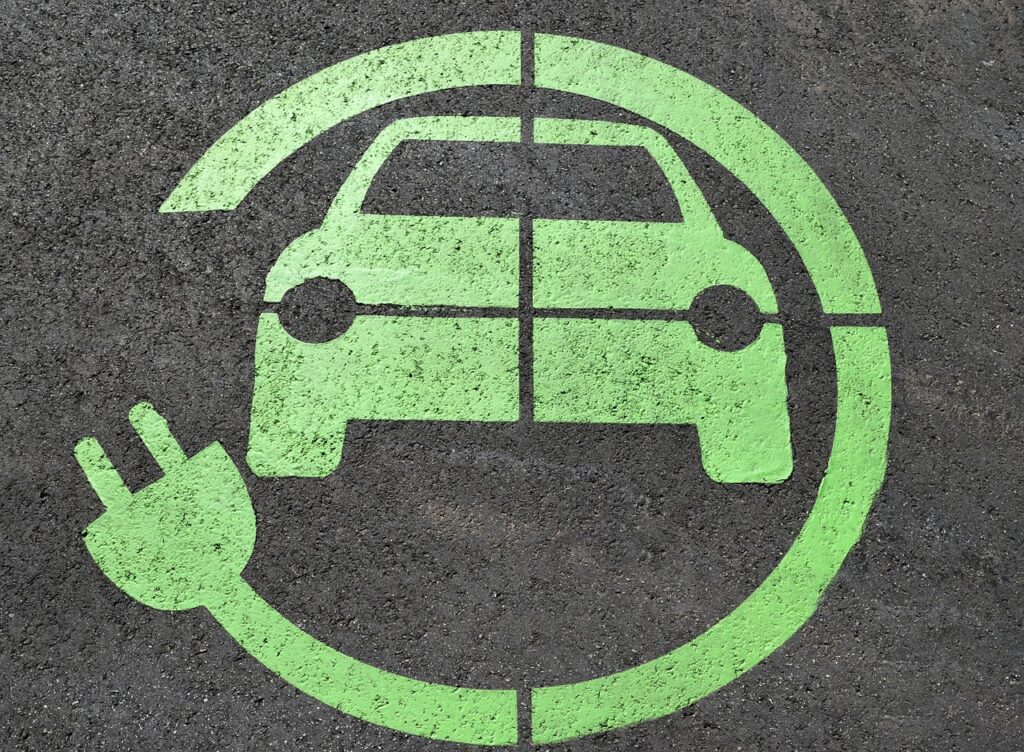In certain parts of the midlands with which I am very familiar, local inhabitants are regularly in receipt of outages notices from ESB Networks notifying consumers that their power supply will be interrupted for lengthy periods (from, say, 10am to 5.30pm) on a particular day.
For owners of holiday homes including me, it means that they can plan to avoid visiting their homes on those days – a minor inconvenience for most. But for full-time households in the affected areas, these notices are quite serious. Domestic and social arrangements have to be cancelled. Family activities have to be set aside. Meal-making is complicated. Phones must be charged. Working from home is disrupted by inability to access the internet. Central heating stops. Electric gates need to be manually operated.
Add to this the fact that ESB Networks, especially in rural areas, is subject to unplanned outages caused not merely by storm damage but by equipment failures and you sense the fragility of our modern dependence on electricity. Such blackouts in urban areas are comparatively rarer but not unknown.
Our lives are becoming increasingly electricity-dependent in so many ways. And the plan is to make us more and more electricity-dependent. Homes are being built which are wholly dependent on electricity. Fireplaces seem to be on political death row. Heat pumps and solar energy systems are dependent on power supply.
Transport of all kinds is planned to become electricity-powered in stages – even if planned transformation calendars are rapidly unravelling. All commercial activity – retail and manufacturing – requires electric power. Agriculture is increasingly dependent on electric power. Unless equipped with emergency generators, hospitals and healthcare facilities collapse without electricity.
The march towards complete dependence on electricity as the only available energy source seems to be inexorable. And yet we in Ireland have narrowed our options to a dangerous degree. Onshore and offshore wind energy is still very underdeveloped. We engaged in the gratuitous act of making all fossil fuel exploration in our waters illegal, yet we will continue to need such energy as part of our supply for the next 20 years at least.
We have made developing small-scale nuclear power technology actually illegal by statute for some reason, instead of leaving it open as a policy choice. We have politically foot-tripped the use of imported LNG for electricity generation. We have no real plans for the use of hydrogen in transport.
We are very vulnerable. Half of our electric energy is gas-generated. The great majority of our future gas is routed though one gas interconnector, Moffat, in Scotland.
We are totally dependent on maintaining the security of our energy networks from malign external hackers. While I would like to believe that they are safe, somehow I find it difficult to be confident where the security services of the State – the Defence Forces and Garda Síochána – have been haemorrhaging personnel to the point that they have never been weaker in terms of numbers compared to our population.
We have been warned about our vulnerabilities. The Irish Academy of Engineers spelled out the dangers two years ago. Luckily, we avoided the attempts by Putin’s Russia to increase its throat-hold on the rest of Europe’s energy needs in the last two years. I still wonder though at the almost inexplicable decision by Fianna Fáil’s energy spokesman to back Deputy Brid Smith’s Dáil Bill to outlaw gas exploration in Irish waters a few years back.
In the next two months, we will have a new government. We need a new government badly. And we need a pragmatic, effective energy policy.
It was blindingly obvious the policy goals that we set for environmental change were wildly optimistic. The plan for one million electric vehicles by 2030 is simply an illusion now. The supportive infrastructure to sustain such a goal is simply out of reach. Other EU countries have realised that similar goals cannot be achieved. If we had deliberately devised an obstacle course to delay the development of offshore wind energy, we could not have done better than the ridiculous two-agency approach put in place by this government. One agency, Mara, oversees licensing projects while another, the hapless An Bord Pleanála (now to be rebranded as a “commission”), deals with planning permission (a field in which it had no prior expertise).
It’s all very well to talk about Ireland becoming the Saudi Arabia of offshore wind energy but where are the plans for Irish port facilities to support such an industry? Have we even planned the power grid to support such developments?
Hopefully we are approaching an election that replaces mere aspiration with competent implementation.

